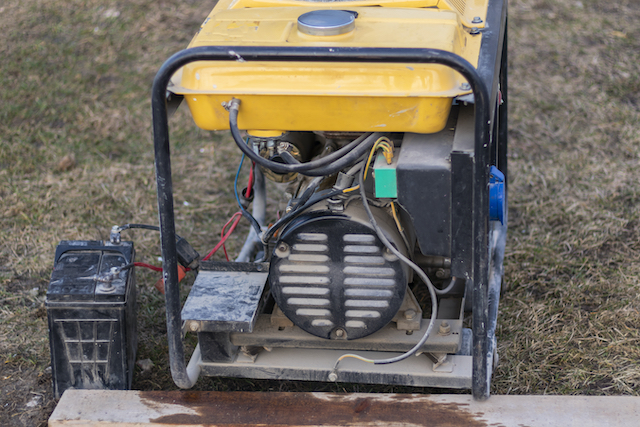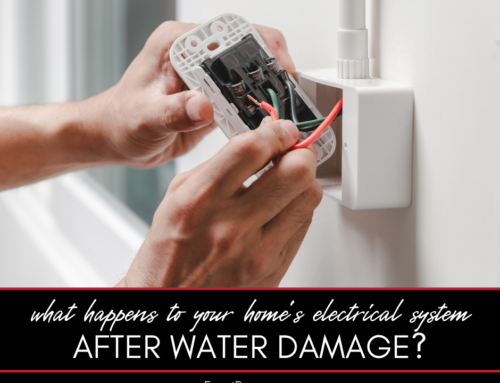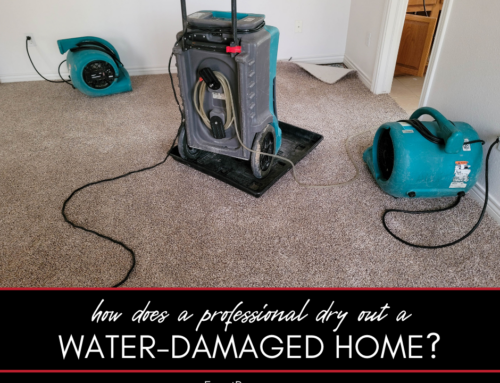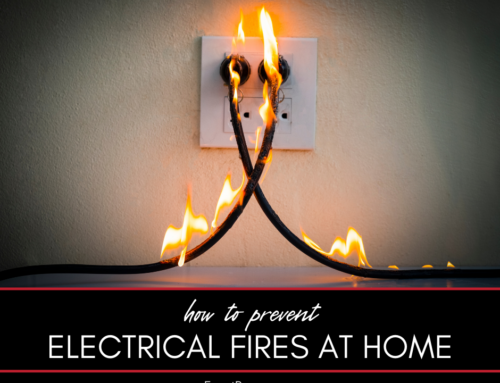Within the past 12 months chances are you’ve experienced at least one power outage during a storm or other weather-related event. As a matter of fact, Americans experience an average of 1.3 power outages each year lasting approximately four hours, according to the U.S. Energy Information Administration. If you reside in parts of the country that are prone to severe weather like tornadoes, hurricanes, snow storms, ice storms, or floods you’re very likely to experience even more outages.
Once your power goes out, and a hush falls over your home after your air conditioner, fridge, and other major appliances cease their steady hum, you probably wish you had invested in a backup power source. If you’re thinking about getting a backup generator or a battery for your home, here are some pros and cons to consider for each.
Generators
Pros
If you invest in the right size generator it can power everything in your home, from your TV to your air conditioner. Because a generator is durable it can be a purchase that pays for itself, especially if your neighborhood is susceptible to frequent power outages. If properly maintained a backup generator can provide thousands of hours of usage.
Cons
One drawback of generators is that they can be costly, especially ones with enough horsepower to support a whole household. Larger generators also typically require professional installation by an electrician, which also increases costs. Finally, you need to consider expenses to fuel your generator so that it can make power for your home, which can be significant.
Another downside of generators is that they can be hazardous if not installed and vented properly. The Consumer Product Safety Commission reports that portable generators are responsible for 81 percent of motor-related carbon monoxide deaths in the nation. To help reduce this risk your generator should be situated outdoors, and your home’s carbon monoxide detectors should be kept in good working order.
Batteries
Pros
Since batteries don’t require fuel, like gas, they do not create a carbon monoxide risk, and they don’t emit odor or a jarring noise. Although batteries are expensive, ones that are connected to a solar array (solar panels) may be eligible for a 30 percent tax credit.
Cons
Although batteries have a long lifespan, they do eventually need to be discarded and replaced. Since they’re made using toxic chemicals, your local landfill will consider them to be hazardous waste.









